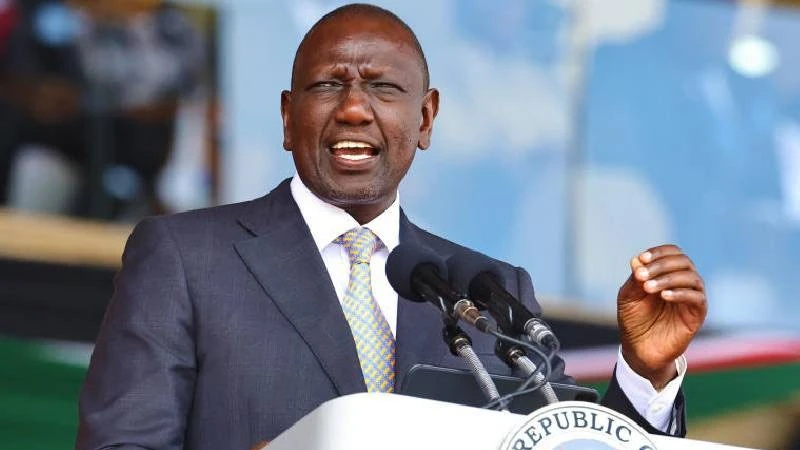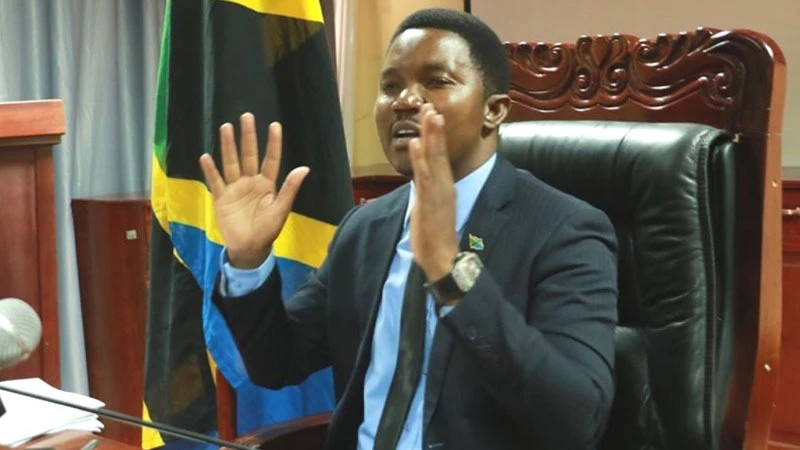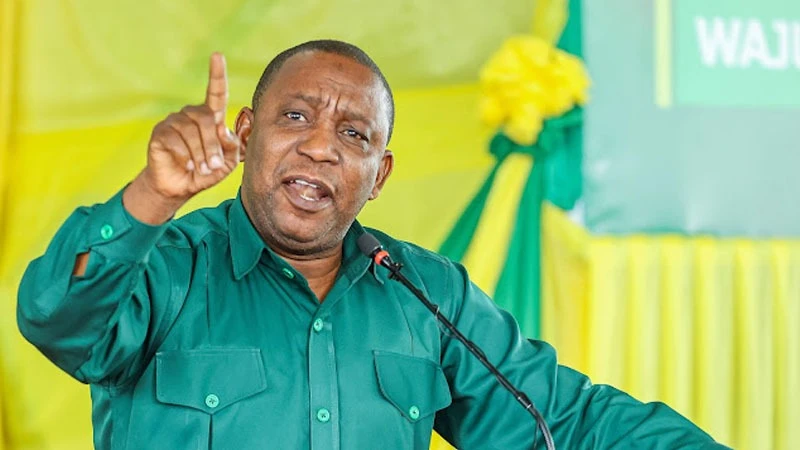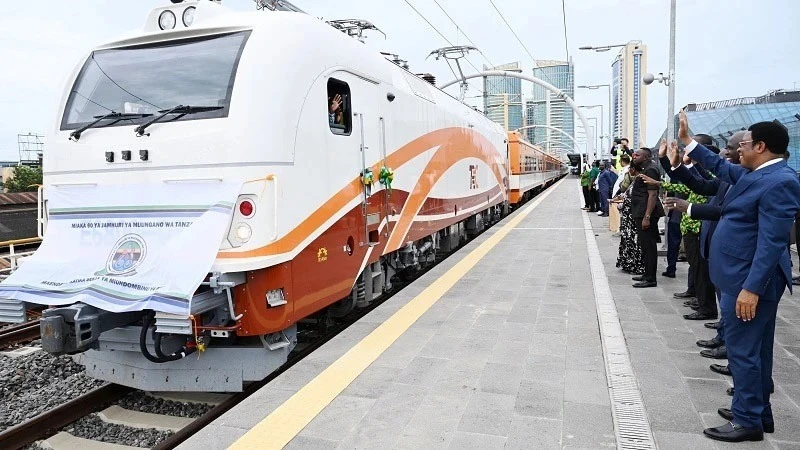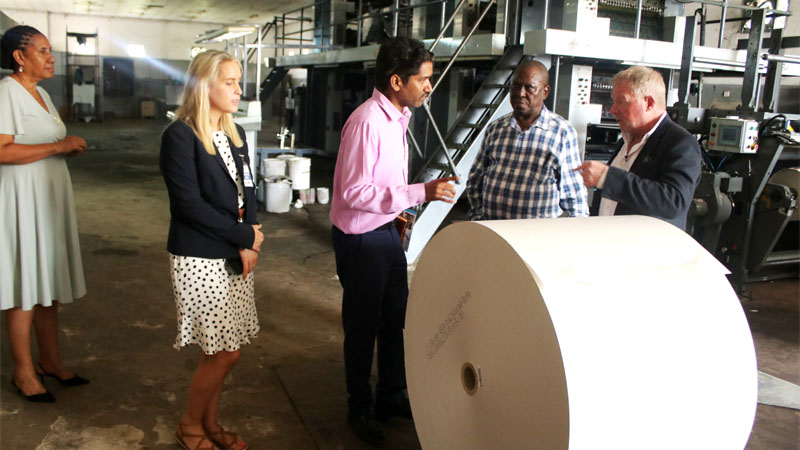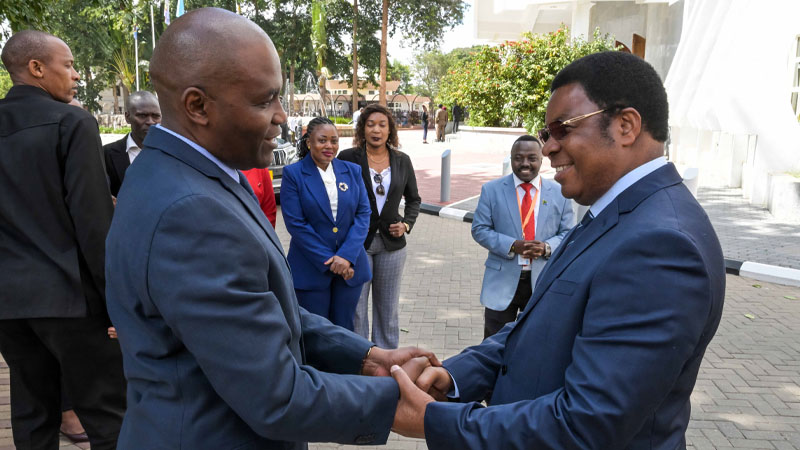Samia: Public agencies must pay off media debts by Dec
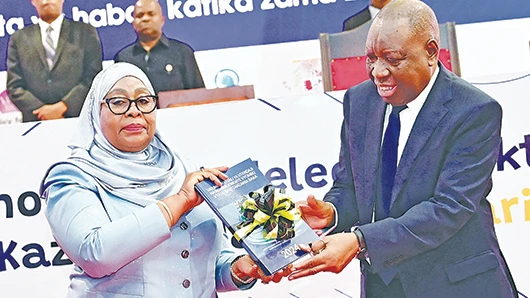
PRESIDENT Samia Suluhu Hassan has directed accelerated paying off debts that various government departments and institutions have accumulated with media houses.
Addressing a national media sector development conference in Dar es Salaam, the president promised to address long-standing issues, while expressing commitment to enabling further media industry reforms.
She acknowledged liability issues in media services legislation that hinder incisive journalism especially in the print media, tasking Information, Communication and Information Technology minister Nape Nnauye to work on the issue.
Aided by ministerial experts, they need to analyse a report presented to the gathering on the state of the media industry to put forward actionable solutions.
“The issue of debts should come to an end, debts that have been verified will be paid,” she said in assurance, pointing at the problem of verbal agreements between media houses and senior government officials.
Such situations lead to accepting to feature notices or advertisements lacking documented orders, thus raising queries in processing receipts or invoices, she said.
“I think now our media outlets should be run commercially. If they are run commercially these debts will not exist,” she affirmed, underlining the need for better financial management.
Media administrator and veteran journalist Tido Mhando presented the assessment report, showing that statutory restrictions limiting foreign ownership to 49 percent have contributed to the sector's economic woes.
President Samia responded that various legal restrictions on the media industry need to be reviewed, as a freer atmosphere would uplift vibrant journalism that is more able to contribute to national development.
“All ministries and public institutions that owe media outlets in my government should verify the debts and agree on payment procedures. This should be done no later than December 24 this year,” she directed.
“By December 25, all payable debts should be settled,” she reiterated, pledging to oversee this process personally, hinting in the direction of the Treasury to ensure that all verified debts are paid.
She expressed surprise at the high number of journalists working without contracts, asking media outlets to fulfill their responsibilities to employees by paying them regularly.
“You journalists are good at writing about organisations that don't provide contracts or delay salaries but you don't have contracts and you’ve kept quiet,” she said in amazement.
The president underscored the media's crucial role in promoting democracy, transparency and accountability, affirming that as Tanzania grows economically the media sector must adapt and evolve.
She encouraged media outlets to focus on analytical journalism, expressing the view that this will enhance the profession's value in society.
Observers say that the media industry has strengthened in the three years or so that President Samia has been in office, with the minister highlighting that Tanzania stood at 142nd position globally in media freedom index to 97th position.
There is room for further improvements with existing strategies, he said, asserting that the 19bn/- debts hamper media industry ability to sustain operations and thrive.
Ernest Sungura, the chairman of the Coalition on the Right to Information (CoRI), and Media Council of Tanzania (MCT) executive director echoed the voices of concern for journalists working without contracts, without salaries and for the few who have salaries, not being paid on time.
The assessment report asserted that with over 1,000 registered media outlets in Tanzania, including newspapers, radio, TV and online platforms, the plight of journalists is stark.
Out of approximately 20,000 practising journalists upwards of 4,000 have contracts, leaving the majority in precarious conditions. A study by the Union of Press Clubs (UTPC) indicated that 80 percent of journalists lack formal contracts, the director added.
Top Headlines
© 2024 IPPMEDIA.COM. ALL RIGHTS RESERVED







